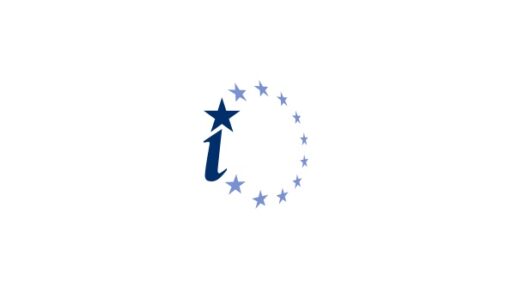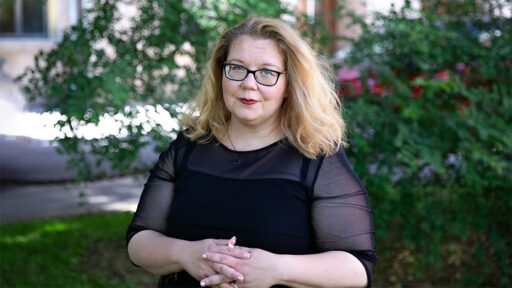European Council in Brussels on 16 and 17 October 2003 (VN)
The European Council discussed the IGC and European economy
The main themes of the Brussels European Council, that took place on 16 and 17 October, were the Intergovernmental Conference (IGC) and ways to relaunch the European economy. The meeting also discussed immigration and key external relations issues.
As regards the Intergovernmental Conference, the European Council invited ministers to continue the work initiated in Rome on 4 October in the agreed timetable. In Brussels, the Heads of State or Government held a general discussion on the Union’s institutions and the Common Foreign and Security Policy. For the next time, the IGC issues will be discussed at the level of Heads of State or Government the latest in December.
In the connection of economic issues, the European Council placed main emphasis on the growth initiative. The strengthening of the EU’s long-term growth potential was seen as the most urgent matter. New initiatives must make part of the Lisbon Strategy aimed to promote growth and competitiveness. It is also important that the growth initiative do not jeopardise the stability and sustainability of public finances, at the Union’s or Member States’ level, nor the creditworthiness of the European Investment Bank.
Maintaining sound macroeconomic policies, accelerating structural reforms and promoting investment in infrastructure and human capital are key priorities in strengthening growth. It is also of utmost importance to improve the use of resources and, therefore, the engagement of the private sector plays a determinant role here.
Finland stressed, in particular, the needs regarding the development of transport networks and the careful examination of different alternatives. Attention should also be devoted to the limits of the Union’s forthcoming financial framework. According to the meeting conclusions, the Mediterranean region and the territory covered by the Northern Dimension will be given particular attention in the development of energy infrastructures and thus connected to the utilisation of the Russian energy resources. As regards the financing of research and innovation, the central role of the private sector should be underlined.
The European Council welcomes the Commission”s intention to submit a proposal for the creation of a Border Management Agency, in order to enhance operational cooperation for the management of external borders. The Council is to reach a political agreement on the main elements by the end of the year. Finland supports the establishment of the Border Management Agency but stresses that it should not be vested supranational powers over the Member States.
The European Council discussed need to stop illegal migration and to fight against the trafficking of human beings, and, on the other hand, the reception and integration of legal immigrants. The Council and the Commission will produce early next year a report identifying the priorities of a common readmission policy. The European Council takes note of the Commission”s initiation of a study into the relationship between legal and illegal immigration and into immigration quotas. Finland considers that the discussion on a quota system should be continued only after the finalisation of the Commission’s report.
In the connection of external relations, the European Council adopted conclusions, e.g., on the Middle East. The European Council expresses its deep concern and calls on both parties – Israel and the Palestinian Authority – to live up to the commitments they undertook at the Aqaba summit on 4 June 2003. The European Council strongly condemns all acts of terrorism. The Palestinian Authority must concretely demonstrate its determination in the fight against extremist violence and consolidate all Palestinian security services under the clear control of a duly empowered Prime Minister and Interior Minister. Israel has the right to protect its citizens but it must act in accordance with international law and avoid civilian casualties and take no action that aggravates the humanitarian and economic plight of the Palestinian people. The European Council is particularly concerned by the route marked out for the so-called security fence.
As regards Iraq, the European Council welcomes the adoption of UNSC resolution 1599. The European Council confirms the EU determination and commitment to play a significant role in the political and economic reconstruction of Iraq. In relation to Iran, the European Council gives its full support to the IAEA Board of Governors Resolution of 12 of September. The Union expects Iran to cooperate fully with the IAEA in its implementation. The discussion on Kosovo underlined the importance of establishing technical working groups in the course of November.as agreed on in Vienna on 14 October. The European Council supported SGSR Holkeri”s efforts in this direction.
In the connection of the European Council meeting, Jean-Claude Trichet, from France, was appointed as the President of the European Central Bank.
Further information: Antti Peltomäki, State Secretary for EU Affairs, tel. +358 9 160 22180 and Jari Luoto, State Under-Secretary for EU Affairs, tel. +358 9 160 22182, Government Secretariat for EU Affairs
Government Information Unit Press release 307/2003
17 October 2003


